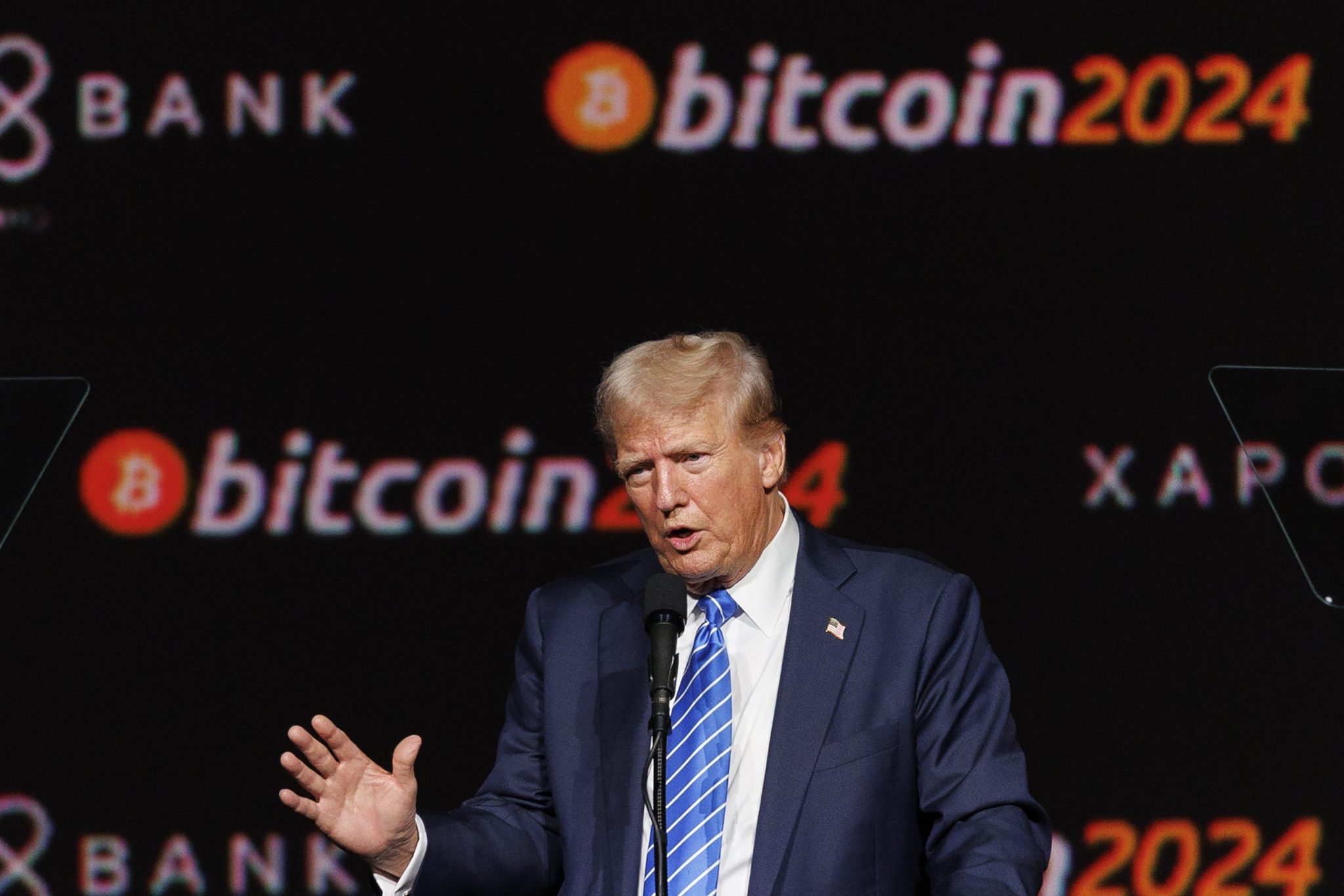Prime Minister Sir Keir Starmer has promised to make Britain the “best country partner” for artificial intelligence companies in the world, as he attempts to boost the UK’s growth prospects against an ominous economic and political backdrop.
Starmer, writing for the Financial Times, claimed that Britain’s “values of democracy, open trade and the rule of law” made the UK a natural location for AI companies to invest, and pledged to remove planning restrictions and create “new growth areas for AI”. .
“I am determined that the UK becomes the best place to start and scale AI businesses,” he wrote on Monday. “I know that growth in this area cannot be led by the state. But it is certainly the government’s duty to ensure that the right conditions are in place.
Starmer is hoping to return to the top spot after a week in which his economic plans were battered by markets, which could leave Chancellor Rachel Reeves facing the need to cut spending or raise taxes to keep her fiscal plans on track.
The pound fell 0.8 percent to a 14-month low of $1,211 on Monday, extending a decline fueled by a stronger US dollar and a global sell-off in bond markets that particularly hurt the UK.
Britain’s borrowing costs hit a 16-year high last week on the back of steady inflation and fears that Reeves’ tax-hike budget contributed to stagnant growth.
At a press conference on Monday, Starmer pledged to stick to the financial rules set by Reeves and expressed his “full confidence” in his chancellor. But he did not directly respond to questions about whether the government would cut spending further this year to comply with the rules.
The UK Prime Minister said that artificial intelligence “will change things faster than we think”, helping to lift the country’s growth rate.
The UK has a mixed record in boosting the AI industry. It has struggled to remain competitive with Silicon Valley startups, with British companies raising only a small fraction of the $56 billion invested globally in generative AI clusters last year, according to PitchBook.
The previous Conservative government and the current Labor administration have also wrestled with how to regulate this fast-growing sector. In recent years, British regulators, such as the Competition and Markets Authority, have been routinely attacked by US executives for slowing the pace of dealmaking in the sector.
London is home to leading AI group DeepMind, which was founded in 2010 but was sold to Google four years later and now forms a key part of the search giant’s AI strategy.
Big tech companies like Meta and Apple have also been slower to roll out the latest AI services in the UK than in their home market, and some in the tech industry are concerned about the UK’s Digital Markets, Competition and Consumer Act, which was passed last year. It could impose similar restrictions on the European Union.
Starmer’s bid to position the UK as a global power in AI also comes as he faces a series of inflammatory allegations in recent weeks from Elon Musk, one of the most powerful figures in the industry, over his record on tackling child sexual exploitation while he was president. From the Public Prosecution Department.
Starmer also pledged to create a “gold standard” system for data access that would “unleash the innovation potential of NHS data”. Ministers believe NHS data could form part of a new national data library, which will be made available to “support AI research and innovation”, as well as to improve public services and help academia.
Although the scheme is still being finalized, any NHS data will be owned by the National Data Library rather than handed to AI companies, a person familiar with the plans has confirmed.
However, any move to provide health data to US tech giants will remain controversial. An earlier deal between DeepMind and the Royal Free NHS Foundation Trust in London to share the records of 1.6 million patients sparked a backlash from privacy campaigners and the project was eventually cancelled.
The government said a national data library – which was proposed in Labour’s election manifesto last year – would ensure any sensitive data was held securely and would protect privacy, for example by removing any information that could be used to identify patients in question.
As Starmer seeks to attract more investment from the AI industry, Reeves, who returns on Monday from a visit to China, will this week “pump up” regulators to tell them to be more ambitious in removing barriers to growth.
The sense of economic gloom was exacerbated by a Deloitte survey of UK chief financial officers, which showed that business optimism fell to its lowest level in two years in the fourth quarter.
The survey found that a net 26 percent of finance chiefs reported feeling more pessimistic about their business prospects than three months ago, marking the first time sentiment has headed into negative territory since the second quarter of 2023.
Finance chiefs said cost-cutting would be their most likely response to Reeves’ £25bn increase in employers’ National Insurance contributions.
Deloitte said British companies expect to cut capital spending and discretionary spending and reported the biggest drop in employment expectations since the pandemic. However, the survey found that confidence was well above the lows recorded in 2020 and 2022.
In early trading on Monday, the yield on 10-year government bonds rose 0.05 percentage points to 4.89 percent, but was lower than last week’s high of 4.93 percent.
Mel Stride, the shadow finance minister, told the BBC that “business confidence is falling due to the actions taken by the government” and insisted that Reeves should have canceled his visit to China to calm markets.
But one of the Chancellor’s advisers said: “Is he seriously saying she should have canceled the trip to stay home over the weekend to address the closed market? The markets would have seen it as a panic.”
One Starmer ally said any suggestion Reeves’ position was under threat was “total nonsense”.
Starmer still believes Reeves’ October budget, which sought to stabilize public finances and support public services through a £40bn tax rise, will be justified in the long term, despite market turmoil.
Reeves plans to give her own speech on growth, but it has been postponed until after her trip to the World Economic Forum in Davos later this month.
On Thursday, it will summon eight regulators to explain what they are doing to boost growth. In it House palace speech In November, she told regulators: “The UK was regulating risk, but not growth.”
Additional reporting by Oliver Ralph, Tim Bradshaw, Anna Gross and Madhumita Murgia in London
https://www.ft.com/__origami/service/image/v2/images/raw/https%3A%2F%2Fd1e00ek4ebabms.cloudfront.net%2Fproduction%2F571995cc-3b5c-49b3-89ad-d354b7ccd988.jpg?source=next-article&fit=scale-down&quality=highest&width=700&dpr=1
2025-01-13 12:24:00
#Keir #Starmer #aims #refocus #attention #growth #hit #markets


